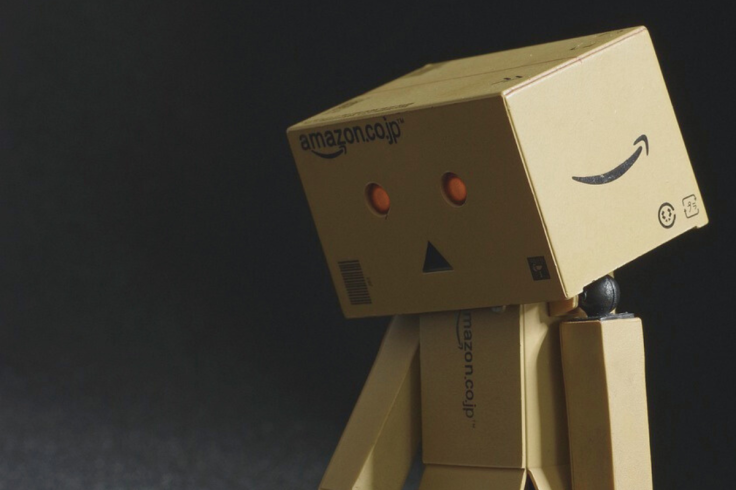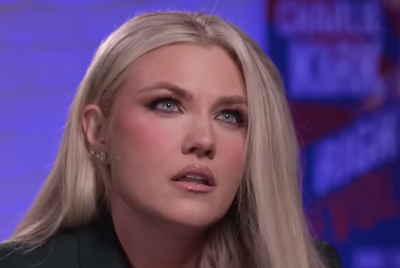Furious Donald Trump Blasts Jeff Bezos Over Amazon's Tariff Display Plan
A Punchbowl News report sparked the uproar, claiming Amazon planned to show how much of a product's price stemmed from Trump's tariffs i.e 145% on Chinese imports and 10% on other countries, right next to the listed price.

On 29 April 2025, President Donald Trump unleashed a firestorm against Amazon founder Jeff Bezos after reports surfaced that the £1.6 trillion ($2.13 trillion) retail giant considered displaying tariff costs on its low-cost Haul platform.
The White House branded the move a 'hostile and political act,' prompting a heated call from Trump to Bezos himself. Amazon quickly backtracked, but the clash has ignited a debate about transparency and the impact of Trump's aggressive tariffs.
What's really going on, and how could this affect your shopping?
Why Did Trump Call Bezos?
A Punchbowl News report sparked the uproar, claiming Amazon planned to show how much of a product's price stemmed from Trump's tariffs i.e 145% on Chinese imports and 10% on other countries, right next to the listed price.
Trump, furious at the idea of highlighting his tariffs' impact, personally phoned Bezos on 29 April 2025 to complain, per CNN. White House Press Secretary Karoline Leavitt called it a 'hostile and political act' during a briefing, accusing Amazon of deflecting blame for price hikes.
Amazon clarified that the idea was only considered for Haul, its budget site for items under £16 ($21.39), and was never approved, per Reuters. The swift denial followed a 2% drop in Amazon's shares, though they later recovered.
How Do Tariffs Hit Your Wallet?
Trump's tariffs, rolled out in April 2025, have sent shockwaves through retail, especially for Amazon, where 60% of sales come from third-party sellers reliant on Chinese imports, per Axios.
Unlike Shein and Temu, which now show 145% import charges at checkout, Amazon has pressured sellers to absorb costs rather than raise prices. This could mean slimmer profits for small businesses or sneaky price creeps for consumers—potentially £40 ($53.47) more per £160 ($213) order, per SmartScout data.
Commerce Secretary Howard Lutnick downplayed the 10% tariff's impact, claiming only niche imports like mangoes would see price hikes, but the 145% Chinese tariff is undeniable, especially for Haul's low-cost goods.
Posts on X from 29 April 2025 reflect consumer frustration, with some praising Amazon's transparency while others echo Trump's 'buy American' call.
Is Amazon Playing Politics?
The White House's attack isn't just about tariffs—it's personal. Leavitt referenced a 2021 Reuters report alleging Amazon's ties to Chinese censorship, urging Americans to shop domestically.
Bezos, whose net worth dropped £24 billion ($32 billion) in 2025 partly due to tariffs, has tried to mend ties with Trump, donating £800,000 ($1 million) to his inauguration and dining at the White House, per CNN.
Yet, Trump's call to Bezos—followed by Amazon's quick reversal—suggests a power play to control the narrative. Retailers like Walmart, who met Trump on 21 April 2025 to voice tariff concerns, face similar pressures.
With 90 countries negotiating tariff exemptions, the economic stakes are massive, and Amazon's retreat may signal broader corporate caution.
Will Trump's Tariffs Reshape Shopping?
Trump's fiery clash with Bezos on 29 April 2025 exposes the high stakes of his £400 billion ($534 billion) tariff agenda. Amazon's scrapped plan to display import charges on Haul dodged a political bullet, but it leaves consumers in the dark about rising costs.
As tariffs disrupt the £1.6 trillion ($2 trillion) e-commerce market, shoppers could face hidden price hikes unless businesses absorb the hit. Whether you're buying gadgets or groceries, staying informed is key—Trump's trade war is reshaping retail, and your wallet's on the line.
© Copyright IBTimes 2025. All rights reserved.





















